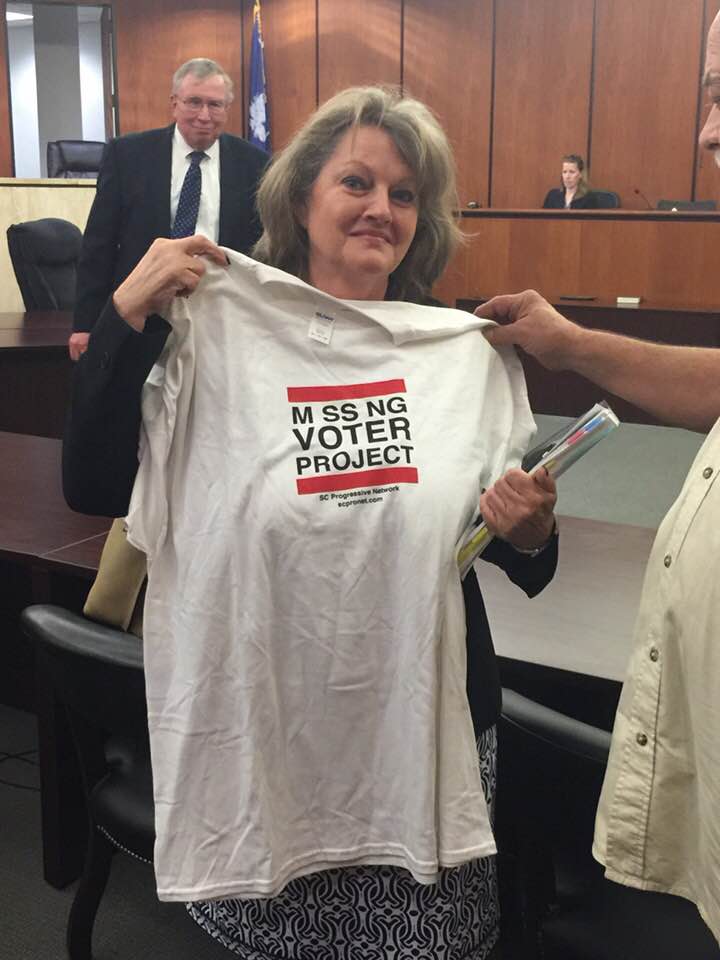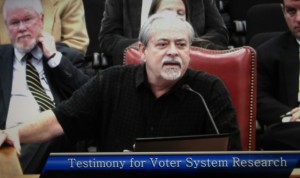The State Election Commission today began sending 950,000 South Carolina residents a postcard urging them to register by Oct. 17 in order to vote in the 2018 general election. Voter registration was extended due to Hurricane Florence in a court settlement initiated by the SC Progressive Network, the ACLU of SC, and the national Lawyers Committee for Civil Rights in anticipation of the storm’s impact.
The mailing was the result of South Carolina’s membership in the Electronic Registration Information Center (ERIC), a nonpartisan project started in 2012 funded by Pew Charitable Trust and operated by member states to use voter registration, motor vehicle, Census, and Social Security Administration data to improve the accuracy of voter rolls. The 950,000 unregistered South Carolinians is nearly 100,000 more than previous estimates.
South Carolina is the latest of 25 states – and only one of three in the South – to use the service to mail residents who are eligible but not registered to vote. The United States is one of the few advanced democracies to require citizens to register in order to vote. US voter turn ranks 31st of the world’s 34 developed nations.
“While the mailing was already planned, the timing was fortunate in that it allows us to directly notify unregistered citizens that the voter registration deadline has been extended to Oct. 17,” said SEC Executive Director Marci Andino. “We want every eligible person in South Carolina to have the opportunity to register by Oct. 17.”
The SC Progressive Network applauds the effort to expand the state’s voter rolls, which the organization has long advocated. The Network’s policy institute wrote, and the late Sen. Clementa Pinckney introduced, legislation for universal registration in 2007 (S-254 and H-3682). “This bill points out that voter registration in South Carolina has always been used to keep people from voting,” said Network Director Brett Bursey. “We plan to reintroduce legislation in the coming session that will add voter education and registration to the curriculum of high school seniors across the state.”
The Network’s nonpartisan Missing Voter Project was started in 2004 to educate and register SC residents who have been historically under-represented in the state’s public policy decisions. Volunteers across the state are trained to provide education and registration materials in targeted communities to engage the million-plus missing voters in South Carolina. For details, email network@scpronet.com or call 803-808-3384.


